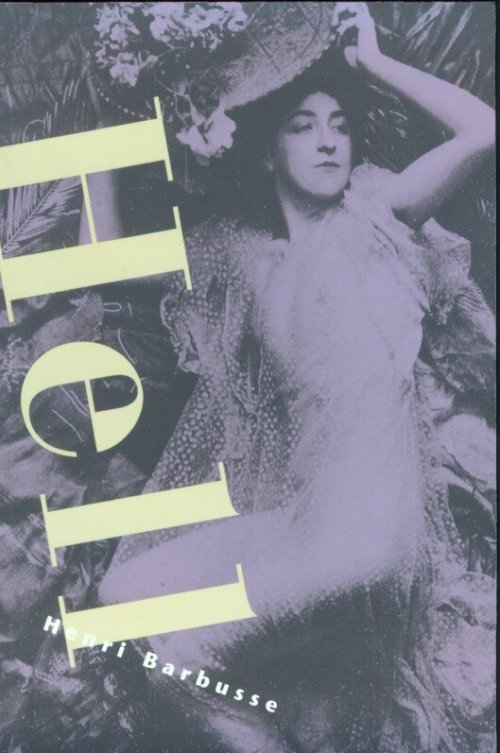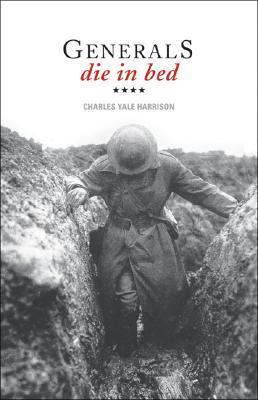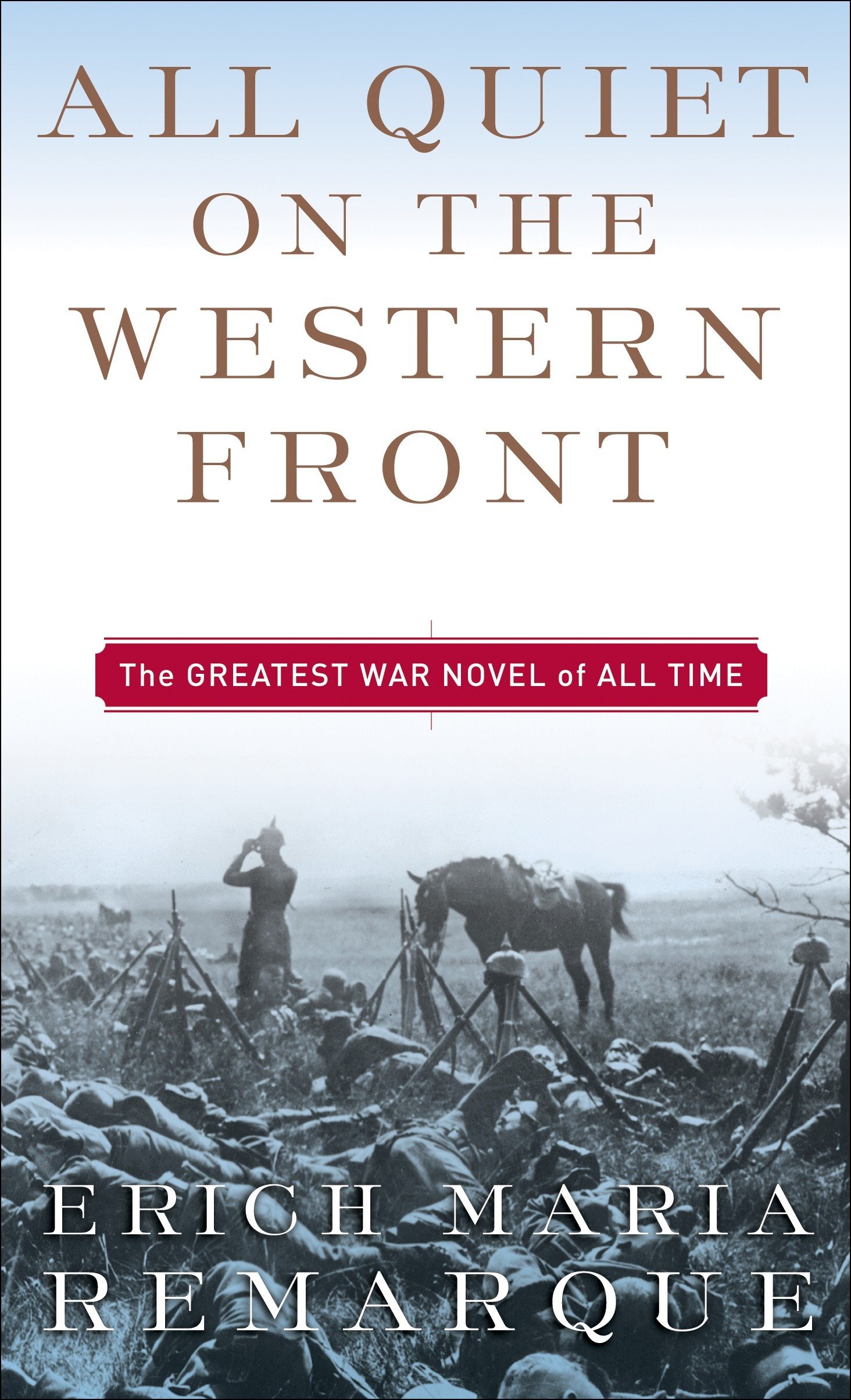
Under Fire
Book Description
Amidst the deafening roar of artillery, camaraderie and despair intertwine in the hellish landscape of World War I. Soldiers endure grueling battles, haunted by the specter of death and the fragility of life. Bonds are forged and broken as relentless violence strips away innocence, revealing the raw humanity beneath uniforms. Each moment is a fight for survival, a relentless quest for meaning in chaos. As fear grips their hearts, hope flickers like a distant star. Can the bonds of brotherhood withstand the ultimate test of fire, or will they be consumed by the war's unforgiving blaze?
Quick Book Summary
"Under Fire" by Henri Barbusse is a searing depiction of French soldiers' experiences in the trenches during World War I. Told through the collective voice of a squad, the novel immerses readers in the daily horrors, fears, and fleeting joys of life on the front lines. Barbusse masterfully conveys the brutality and futility of war, challenging romantic notions of heroism and glory. The soldiers endure constant danger, losing friends and innocence to relentless violence and deprivation, yet also display moments of solidarity. Their camaraderie and shared suffering strip away social divisions, revealing their humanity. As hope ebbs and flows, the story questions the cost of war, the nature of survival, and the enduring power of brotherhood amidst chaos and destruction.
Summary of Key Ideas
Table of Contents
The Dehumanizing Effects of War
Henri Barbusse’s "Under Fire" thrusts readers into the harrowing daily reality of French infantrymen during World War I. Through a collective narrative voice, the novel offers a raw and immersive portrayal of trench warfare—mud, blood, and the omnipresent threat of death. Amid relentless shelling and cramped, unsanitary conditions, the central squad grapples with exhaustion, deprivation, and fear. The brutal environment strips away any veneer of patriotism or grandeur, highlighting the sensory and psychological toll of combat. The soldiers are depicted not as heroes, but as ordinary men struggling to stay alive under extraordinary stress.
Camaraderie Amidst Chaos
At the heart of the novel lies the powerful bond of camaraderie. Facing trauma and loss together, the squad develops a shared identity and mutual reliance that transcends differences in class or background. Their interactions—sharing scarce comforts, jokes, and moments of tenderness—provide emotional lifelines amid the overwhelming hostility of their surroundings. Barbusse poignantly illustrates how fraternity and collective resilience enable the men to endure, offering brief respites from their ordeal.
Disillusionment with Heroism
As the story unfolds, disillusionment pervades the group’s outlook. The soldiers come to see the romanticism of war as a cruel illusion, replaced by the grim understanding of its senselessness and destructiveness. Witnessing the arbitrary death of friends and the pointless suffering caused by orders from distant commanders, the men’s faith in traditional notions of heroism and patriotic duty is shattered. This profound disillusionment is a core theme, marking the psychological cost of the conflict.
Struggles for Meaning and Survival
Survival becomes a daily struggle, and finding meaning in such chaos is increasingly difficult. Barbusse’s characters grapple with existential questions, sometimes clinging to fleeting hopes—a letter from home, a brief rest, or the beauty of nature even within the devastation. Through their internal struggles, the novel explores how individuals seek purpose, however small, when confronted by overwhelming adversity. Moments of reflection contrast starkly with scenes of violence, exemplifying the fragility of hope.
The Loss of Innocence
The relentless progression of the war proves devastating, eroding innocence and optimism. Over time, the squad is reduced both in number and spirit, each loss deepening the sense of futility. Ultimately, "Under Fire" serves as a powerful anti-war statement, unmasking the reality behind propaganda and honoring the endurance and humanity of those who suffer in war’s shadow. Barbusse’s poignant narrative lingers as a lasting testament to the resilience and vulnerability of soldiers caught "under fire."
Download This Summary
Get a free PDF of this summary instantly — no email required.





